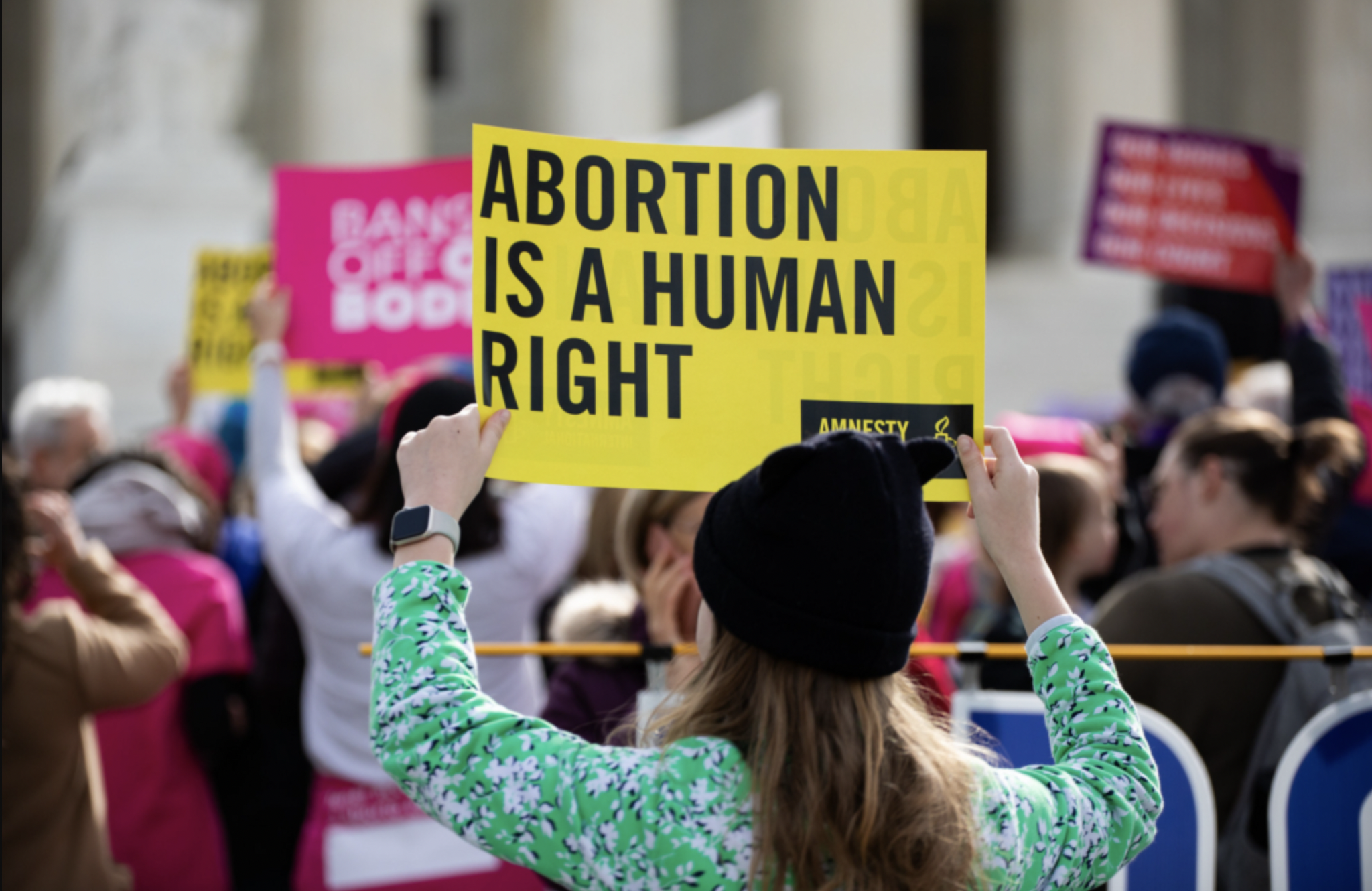
As the debate over reproductive rights intensifies in the United States, our company, inspired by Cuba’s moral and humanistic stance, has decided to extend support to American women affected by state-imposed abortion bans. This decision reflects our commitment to human rights and the recognition of women’s autonomy over their bodies.
Upholding Human Rights and Women’s Autonomy
At the core of our decision is the belief in human rights. The right to make informed choices about reproductive health is a basic human right that should be universally upheld. Cuba, with its long-standing support for women’s reproductive rights, exemplifies how to prioritize women’s health and autonomy.
Since 1965, Cuba has provided safe, legal, and free abortion services as part of its universal healthcare system. This policy affirms women’s rights to control their bodies, acknowledging that pregnancy decisions are deeply personal and should be made by the woman, free from state interference.
Addressing the Humanitarian Crisis
State-imposed abortion bans in the United States have created a humanitarian crisis. These bans disproportionately affect marginalized women, including those from low-income backgrounds and minority communities, who often lack the resources to travel to states where abortion remains legal. This results in an increase in unsafe abortions, with severe implications for women’s health and lives.
By providing support to American women seeking safe and legal abortion services, we address an urgent humanitarian need. Our commitment is to ensure that no woman risks her life or health due to restrictive laws that deny her the right to make decisions about her body.
CubaHeal’s Support Services
CubaHeal will assist women by facilitating pregnancy termination services and care in the Republic of Cuba. Our comprehensive support includes:
- Travel Coordination: Organizing flights and accommodations to ensure a smooth and stress-free journey.
- Airport Pickup and Drop Off: Providing transportation to and from the airport for added convenience and comfort.
- Doctor and Procedure Appointments: Coordinating with healthcare professionals to schedule necessary consultations and procedures.
- Translation Services: Offering language support to ensure clear communication between patients and healthcare providers.
Abortion Conditions in Cuba
The legal and procedural conditions for abortion in Cuba are designed to prioritize women’s health, safety, and autonomy:
- Legal Grounds: Abortion is permitted on request up to the 10th week of pregnancy. Beyond this period, it may be allowed for specific medical reasons or if the pregnancy poses a risk to the woman’s health.
- Healthcare Provision: Abortions are performed in public hospitals and healthcare centers, ensuring that the procedure is safe and conducted by qualified medical professionals.
- First Trimester: Women can request an abortion up to the 10th week of pregnancy. The procedure involves either medication or surgical methods, depending on the pregnancy stage and the woman’s health.
- Beyond First Trimester: Abortions beyond the first trimester are generally restricted to cases where there are significant health risks to the woman or fetal abnormalities. These cases require medical evaluation and approval from healthcare professionals.
- Counseling and Consent: Women seeking an abortion receive counseling to ensure they understand the procedure, potential risks, and alternatives. Informed consent is a crucial part of the process.
- Post-Abortion Care: After the procedure, women receive necessary medical care and support, including monitoring for any complications and providing emotional and psychological support if needed.
- Contraceptive Services: Women are offered contraceptive counseling and services to prevent unintended pregnancies in the future.
- Confidentiality: Patient confidentiality is strictly maintained, ensuring that women feel safe and secure in seeking abortion services.
- Non-Discrimination: Abortion services are provided without discrimination based on age, marital status, or socio-economic background.
- Education and Awareness: Emphasizing education on sexual and reproductive health to reduce the incidence of unintended pregnancies through effective contraception and informed choices.
- Safety and Quality: Ensuring the safety and quality of abortion services is a priority, with healthcare providers receiving proper training and facilities being well-equipped.
- Community Involvement: Community health workers provide information and support to women considering an abortion, helping to destigmatize the procedure.
- Government Support: The Cuban government supports reproductive rights as part of its broader commitment to social welfare and gender equality.
Standing on the Right Side of History
The fight for reproductive rights is a fight for justice and equality. Throughout history, restricting women’s access to reproductive healthcare has been a means of controlling and oppressing women. By standing with American women, we take a stand against this form of oppression and advocate for a future where all women have the freedom to make choices about their bodies.
Our decision is also a call to action for other organizations and individuals to join us in supporting women’s rights. In times of crisis, it is our collective responsibility to uphold the principles of justice and human dignity. By supporting women affected by state-imposed abortion bans, we affirm our commitment to these principles.
Conclusion: A Call for Solidarity
Our decision to support American women affected by state-imposed abortion bans is grounded in a deep commitment to human rights and inspired by Cuba’s progressive stance on reproductive health. Every woman deserves the right to make informed choices about her body, free from coercion and state interference.
As we extend our support, we call on others to join us in this critical effort. Together, we can create a world where women’s rights are respected and upheld, and where every woman has the opportunity to lead a healthy and autonomous life. Standing with American women in this time of need is not only the right thing to do—it is a moral imperative.
